CBD For Kids: Is It Right For Your Child?
What do parents need to know about CBD for kids? Is this the new path to helping with different child-related issues? Or are there problems?
This article is more than 2 years old
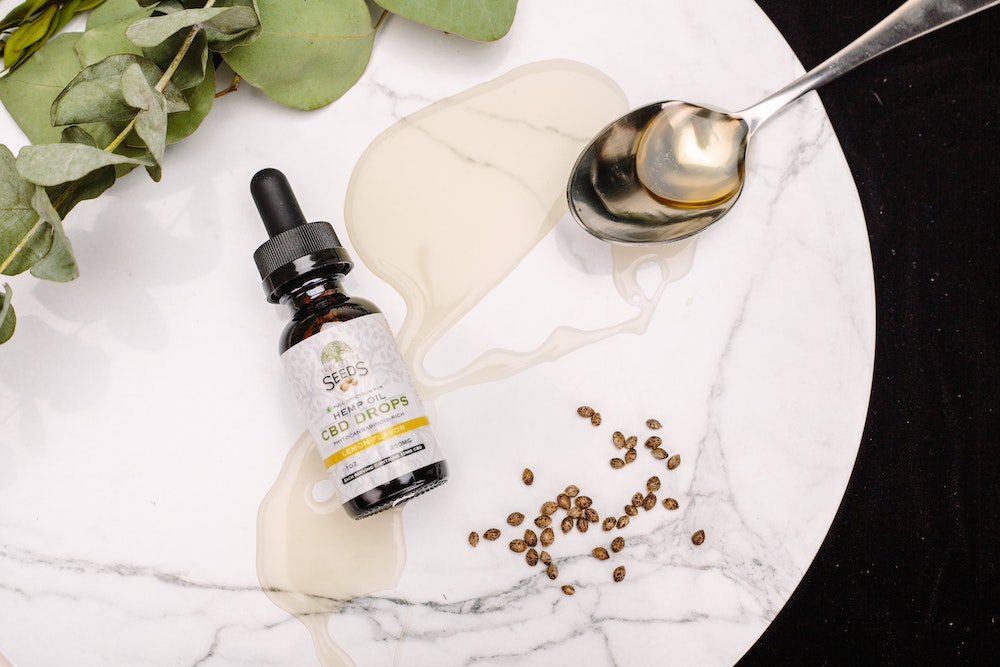
Everywhere you turn, it seems like CBD is the answer. Not only is it the answer to many of the ills that plague people across the world, but it can also be found pretty much anywhere. You can find CBD in corner stores, in bars, in medical marijuana dispensaries, or even online. For the most part, CBD in whatever form you choose is the go-to when it comes to pain management in adults. But what about CBD for kids? Is this a solution for child ailments? Could it be something parents will want to look into for their own children? Many parents are starting to think so and are turning to it for assistance.
WHAT IS CBD?
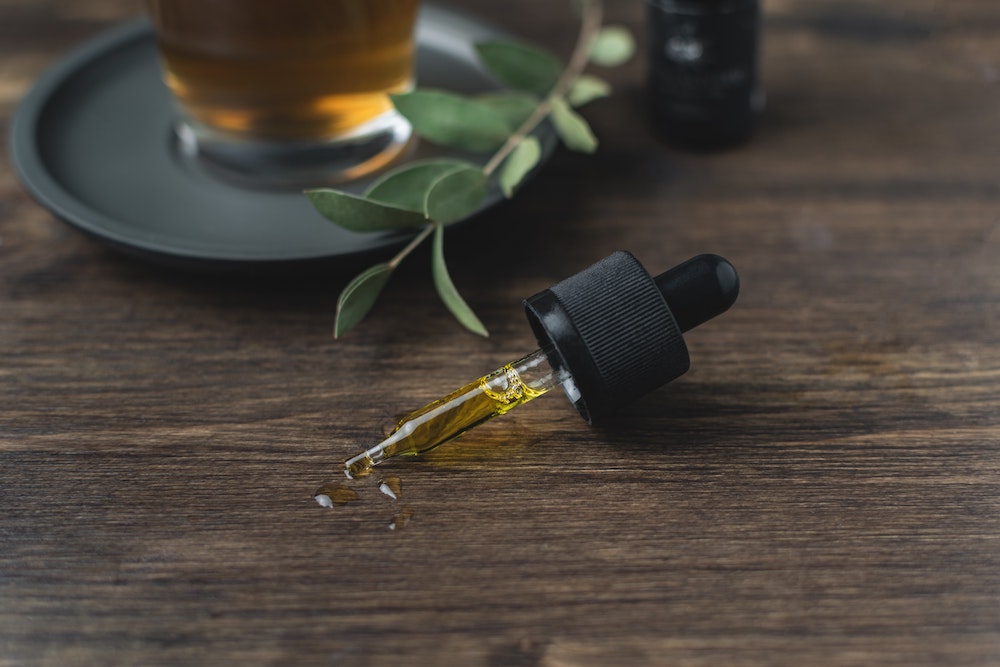
CBD, or cannabidiol, comes directly from the Cannabis sativa plant, most commonly referred to as marijuana or hemp. Although it is extracted from marijuana, the good news surrounding this chemical is that it doesn’t contain THC (tetrahydrocannabinol), which is the substance in marijuana that causes psychoactive effects. Most tokers know this feeling as “getting high.” Dr. Jeffrey Chung, director of Cedar-Sinai’s Epilepsy Program says via Cedar-Sinai’s website that “There’s a misconception that CBD and medical marijuana are the same thing and that’s not the case. CBD on its own is not psychoactive.”
While it appears that CBD is mainly a drug meant for adult consumption, some CBD products are now starting to be produced for children. The CBD market for kids is really starting to expand. Although some companies are developing CBD for kids, there are still many parents out there who think that the drug is equal to smoking pot. CBD manufacturers are hoping that sentiment changes soon.
WHAT IS CBD USED FOR?
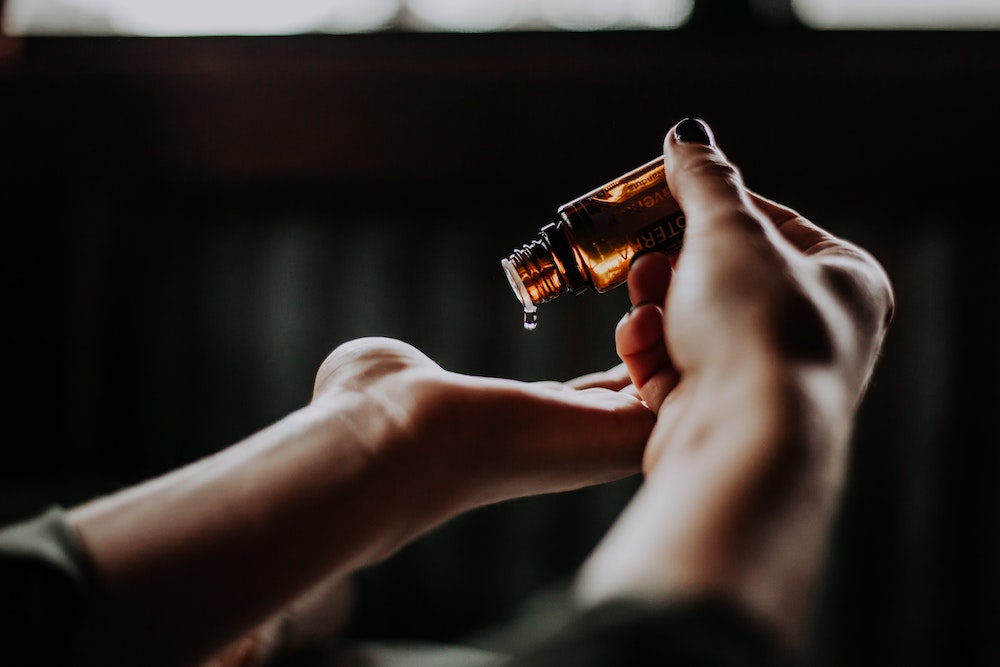
There are many uses for CBD. After a law was passed in 2018 making it legal to sell hemp (marijuana) and hemp products in the United States, the cannabis business took off. Although now it is legal and is a prescription drug, CBD is not legal in foods or dietary supplements. But it can be included in various “cosmetic” products. These cosmetic products can include CBD juices, vape pens, oils, creams, and candies, and for your “other” family members, they have infused certain dog treats with CBD.
As far as uses go, adults have many. It has been used for chronic pain, anxiety, inflammations, insomnia, and even mood disorders. One CBD study has shown that pain may be relieved by CBD by affecting receptors of the endocannabinoid system. This is the area that controls mood, pain, and also memory. It also controls many other cognitive and physiological functions. There is also very strong evidence surrounding CBD that it is very useful for patients with seizure disorders.
IS CBD FOR KIDS FDA-APPROVED?
In 2018, the first prescription drug containing CBD was approved by the U.S. Food and Drug Administration. To date, it is the only FDA-approved prescription drug. Epidiolex is the name of the drug and it does have some specific uses. It is used to treat seizures that are associated with Lennox-Gastaut syndrome, Dravet syndrome, and tuberous sclerosis complex. This drug can be used in patients over 1 year of age, which means it is a possible CBD for kids.
Although Epidiolex is a CBD for kids and has been shown to help with seizures, it can have some significant risks associated with it. Some of its side effects include a decreased appetite, tiredness, sleep problems, malaise, elevated liver enzymes, sleepiness, an increase in suicidal thoughts, and interference with other medications such as propofol, bupropion, morphine, clobazam, lorazepam, and phenytoin.
WHAT ARE THE EFFECTS OF CBD FOR KIDS?
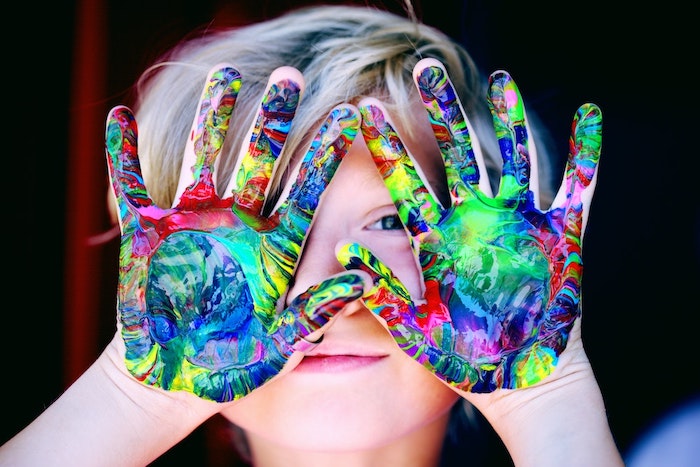
There are two types of effects with most drugs and CBD is no different. It is either going to make you feel better, or it isn’t. We listed the positive effects of CBD as it pertains to seizures and we also know the positive effects it has on pain management. In addition, CBD is also being studied as a treatment for numerous other conditions such as schizophrenia, Parkinson’s disease, diabetes, and multiple sclerosis.
On the negative side of CBD, there are some concerns. For the most part, CBD is well-tolerated in the body, but there are a few risks. These include reduced appetite (seriously), dry mouth, diarrhea, drowsiness, and fatigue. CBD has also been found to react negatively with other medications you may be taking such as blood thinners.
Another concern with CBD is the unreliability of the CBD purity and dosage in the products you purchase. In a recent study of CBD products bought online, more than a quarter of the 84 purchased contained less CBD than the label stated. To make it even more unreliable, 18 of those products were found to also have some THC in them.
IS IT OK TO GIVE CBD TO KIDS?
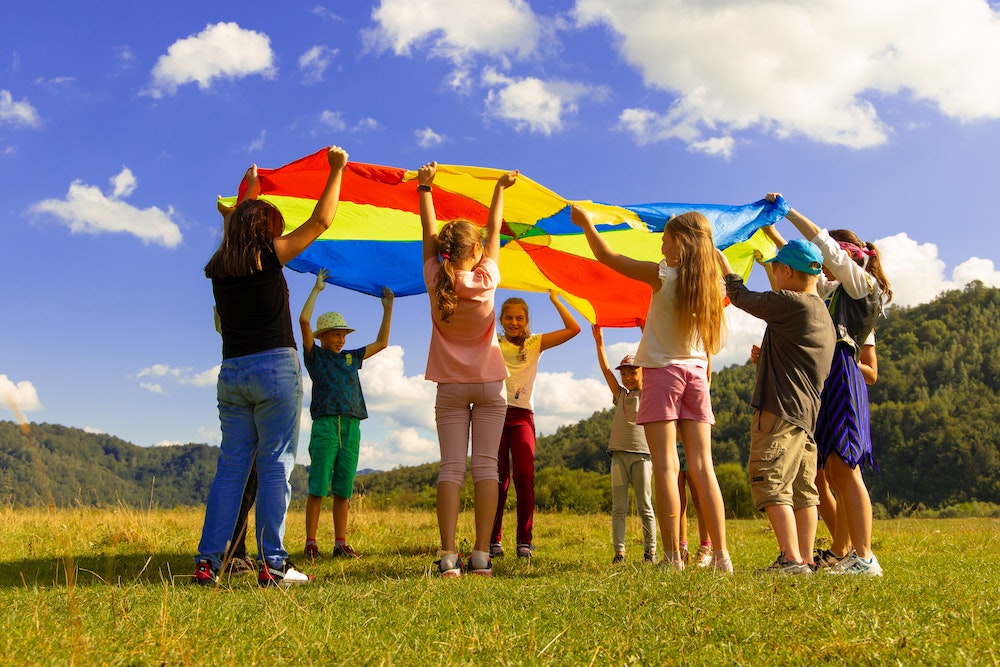
So, with all this information at hand, just how safe is it to give CBD to kids? Unfortunately, CBD for kids is still in its infancy stage. There is just not enough evidence to support the full backing needed to completely recommend CBD for kids. There are hints that continued use is promising, but medical professionals are warning to proceed with caution.
“When you’re desperate, you want options,” said John Mitchell, a clinician at Duke ADHD Clinic in Durham, N.C. via The New York Times. “I’m a parent myself. I get it.” But Mitchell wisely cautioned those who are leaning toward giving their children CBD. “I’m very hesitant to say anything promising about it. It’s an open question.”
For the most part, those in the medical establishment feel that pure CBD is a relatively safe product. The World Health Organization has found no evidence of CBD being addicting, they have not seen it being abused recreationally, and they have yet to see it present any public health problems. The concerns, they say, are minimal. But there are concerns, especially with CBD for kids.
In a Food and Drug Administration (FDA) report, they announced that CBD administered at any age has the potential to cause liver damage. With CBD for kids, they say that the drug may also affect the developing brains in kids. Healthcare professionals still have no idea what the long-term CBD effects on children. “Those kids are still kids,” said Arno Hazekamp, Ph.D., a pharmaceutical researcher and cannabis consultant in the Netherlands. Hazekamp says that because these kids are so young, they will have to wait for them to get older to have a better understanding of what long-term effects if any, will transpire.
AT WHAT AGE CAN YOU TAKE CBD?

If you are looking at giving CBD to kids, there is no set age specified. With the FDA-approved Epidiolex, they say any child over the age of one. But as we noted, Epidiolex is specific for seizures associated with Dravet syndrome, tuberous sclerosis complex, and Lennox-Gastaut syndrome and is not meant for any other ailment.
One North Carolina parent has taken the leap into giving her 4-year-old daughter CBD. Priscilla Batista told The New York Times that her daughter is a highly emotional child. “Every toddler obviously is emotional, but she’s a pretty constant, volatile child,” she said. “It doesn’t allow her to focus. She’s just struggling.” Ms. Batista has yet to get an official medical diagnosis for her daughter, but she feels her daughter has an attention deficit disorder. For that reason, she turned to CBD.
WHAT TYPES OF CBD FOR KIDS ARE THERE?
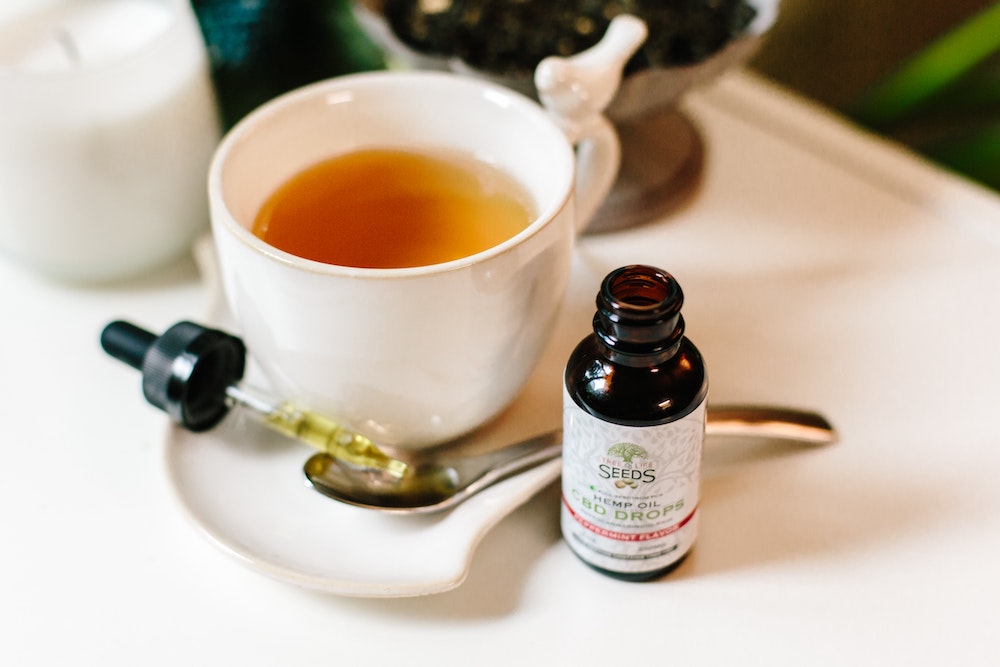
While Epidiolex is the only FDA-approved CBD medication, there are other forms of CBD on the market that can be used for children. The first is CBD oil. Typically, CBD oil is administered under the tongue, though it can also be bought in capsule form. The taste (earthy) may leave an aftertaste that children will not like. Manufacturers are now producing flavored CBD oil. Of course, before opting for any type of CBD oil, you should always first consult with your child’s pediatrician.
CBD-infused gummies are another option for kids. These are more candy-like in nature, sweet, and very tasty for children. Kids would probably prefer a CBD gummy versus CBD oil. But remember, because they are sweet, kids are going to take them and possibly want more. Make sure they are up and out of the way where kids can’t get to them.
The last type of CBD for kids is a transdermal patch. These are worn and allow the CBD to penetrate a child’s skin and slowly enter the bloodstream. The idea with the transdermal patch is to have a consistent level of CBD running through your system in a much faster fashion than one would get with oils or gummies. Once the patch is applied, the CBD works quickly around the area of the patch, and then it is absorbed into the bloodstream. When people take CBD orally, such as gummies or pills, it must first pass through your digestive system before it is broken down and then released throughout your body.
ARE CBD GUMMIES GOOD FOR ADHD?
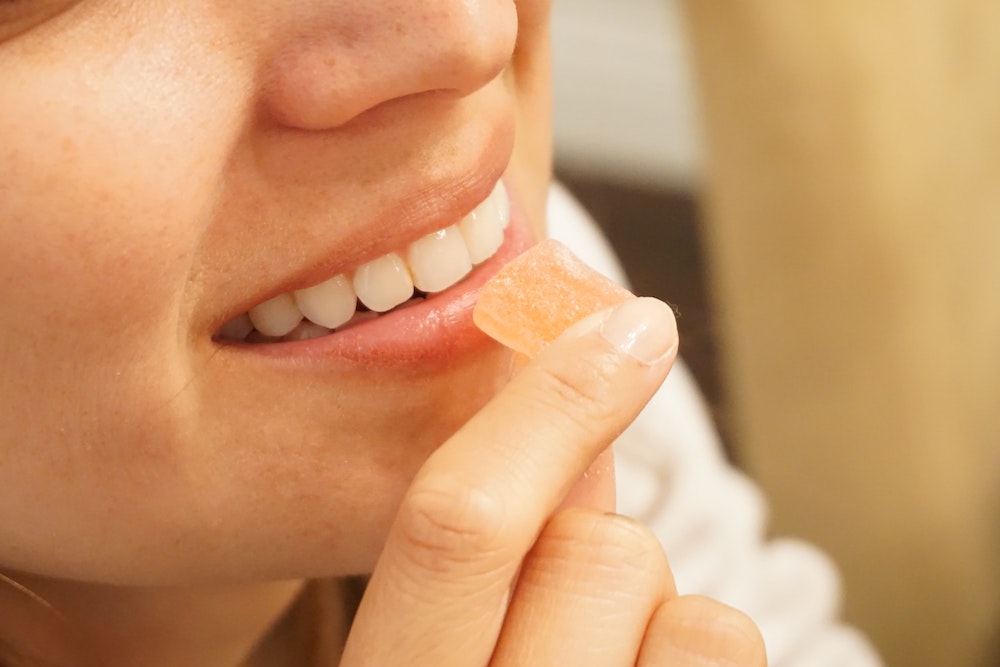
While parents such as Ms. Batista are turning to CBD in hopes that it will help alleviate ADHD, there are no official studies claiming CBD actually helps. There are plenty of parents who say they do see a difference in their children after taking CBD, but so far there is no clinical proof that this is true.
Without any scientific proof that CBD for kids is safe or effective, Mitchell says that there are better options at this point such as Adderall, which is a stimulant-based medication. He says this because “We know much more about one than the other, so the choice is simple.” But Mitchell can also understand why a parent would opt for CBD instead of a drug such as Adderall. For the most part, CBD is known as a gentle drug with minimal side effects.
The minimal side effects are another reason Ms. Batista feels CBD for kids is a good choice. She has seen and heard parents’ complaints surrounding the use of stimulant-based drugs and how they make some kids spacey. “My daughter has a beautiful personality; she’s sweet, she’s spunky. I don’t want to medicate her with something that’s going to turn her into a zombie,” she said. Ms. Batista has also read about other ADHD kids struggling with their academics. “I don’t want her to fall behind,” she said. “It can really swallow a kid whole; then you have a failure to launch.”
CAN I GIVE MY CHILD CBD FOR ANXIETY?

The results are in, but researchers are still unclear about just how CBD for kids can help with their anxiety. Some of the research conducted on CBD hints that it may help relieve anxiety by affecting serotonin levels. Serotonin, if you weren’t aware, is the chemical in the body that plays a huge role in things like sleep, mood, digestion, and behavior. This research shows that by increasing serotonin levels, anxiety decreases. Researchers feel that CBD works much like an antidepressant medication.
ARE CBD GUMMIES ADDICTIVE?
Many people think that because CBD comes from marijuana, it can be just as addicting. Any type of drug that can steer one toward dependence is one that can affect the pleasure centers of the brain. People feel the need to continue consuming their drug of choice, so they won’t start feeling the effects of withdrawal. But as the body becomes used to a specific drug, they need to use it more and more just to get the feeling they felt when they first started using it.
Marijuana can be addicting. We discussed earlier the psychoactive compound THC that is found in marijuana and it is this compound that makes marijuana habit-forming. But CBD is not THC, so it is not habit-forming, at least not with the drug itself. Where it may be more desirable is with the taste itself. Most CBD gummies are sweet, which is always pleasant to the taste. It wouldn’t be difficult to see children enjoying them on a consistent basis. So, if CBD for kids is addicting, it isn’t from the CBD itself, but simply for the sweet taste of the gummy.
CAN A CHILD OVERDOSE ON CBD GUMMIES?
The taste alone could cause kids to want more and sometimes even ingest more than they should. CBD, because of its anti-inflammatory, antipsychotic, antinausea, and anxiolytic effects, it is used to treat numerous psychological and physical ailments. Because of its wide-ranging uses, there is also a wide range of recommended dosages.
In humans, a 2017 study showed that they can safely consume up to 1,500 mg per day. But that is for adults. To understand this measurement, a normal 1-ounce bottle of CBD oil can contain anywhere from 300 to 1,500 mg. A typical CBD gummy comes in at 5 mg.
While it would be very difficult to overdose on CBD for kids, it could happen. If it were to happen, some of the side effects of an overdose would look like vomiting, drowsiness, and diarrhea. CBD may also have some adverse reactions when interacting with other medications, so it would be smart to discuss giving CBD to your children with their doctor. It would be smart, though, to avoid taking CBD with any medication that has a grapefruit warning attached to it. CBD and grapefruit do not appear to be a good mix.
There was a 2019 report of a child who had a normal dose of CBD early in the day and was later found to be unresponsive. When they finally got this child to the hospital, their condition worsened to the point that they had to be intubated just to get their breathing back to normal. The child underwent testing and when its urine test came back, it showed a high quantity of THC. The CBD oil was also tested and when those results returned, it only showed a small trace of THC. The child did survive, becoming stable after 48 hours and one day later was allowed to leave the hospital.
What is unclear in this child’s case is what caused the serious reaction to the CBD. It could have been the trace amounts of THC, but still, doctors were unable to directly pinpoint the problem. The lesson here is that no matter how well CBD reacts and helps adults, it may have a very different reaction in children.
CBD products are, so far, unregulated. What they list on the label may not be what you actually get. A 2017 study tested 84 products and determined that 26% contained much less CBD than they were advertising. Other research surrounding CBD products also showed that some of these products were contaminated with strange substances that ranged from pesticides to heavy metals.
CBD FOR KIDS – FINALLY
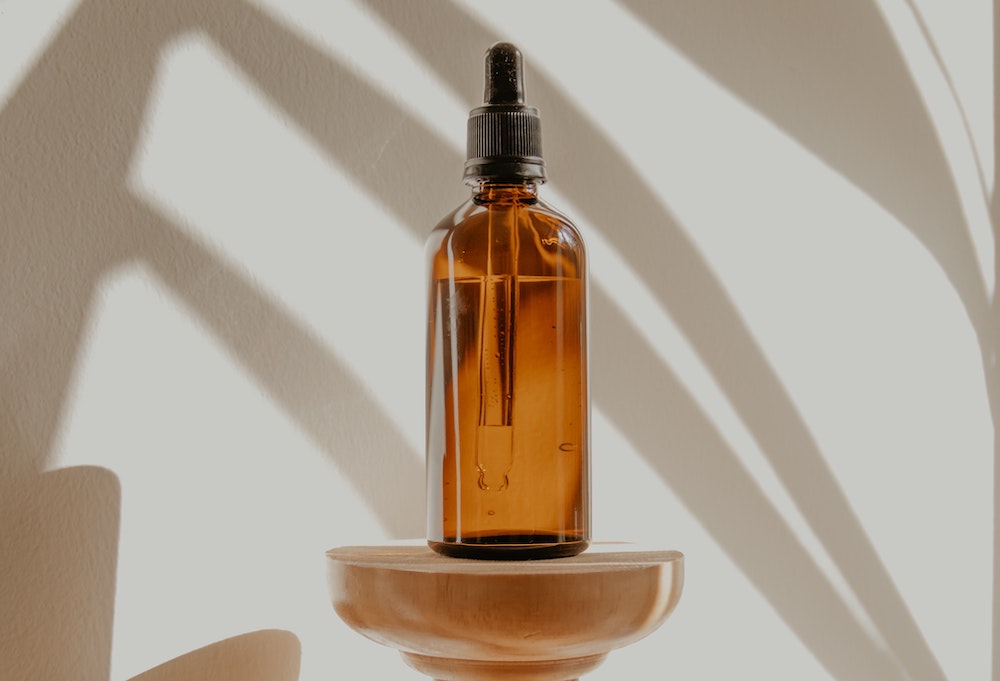
There are a few takeaways here, one being regardless of how you feel CBD works for you, the adult, CBD for kids can be a whole different ballgame. Yes, CBD is known as a very gentle drug with side effects that don’t appear to be bad, if you have them at all. But nothing is a given.
You should always consult with your doctor first before attempting to give CBD to your children, especially if your child is on medication. CBD reacts differently with certain medications and some of these reactions could have adverse effects. A trip to the emergency room is probably something you don’t wish to deal with.
The bottom line here is that there still isn’t enough research complete on CBD for kids. We think we know certain aspects, but we don’t truly know. Labels, as have been proven time and again, do not tell the whole story. The fact that CBD is unregulated and has been FDA-approved with just one medication only shows that we have more studies to undertake before CBD can get the full green light. Until then, be safe and be smart. CBD for kids may appear harmless, but sometimes appearances can be deceiving.





